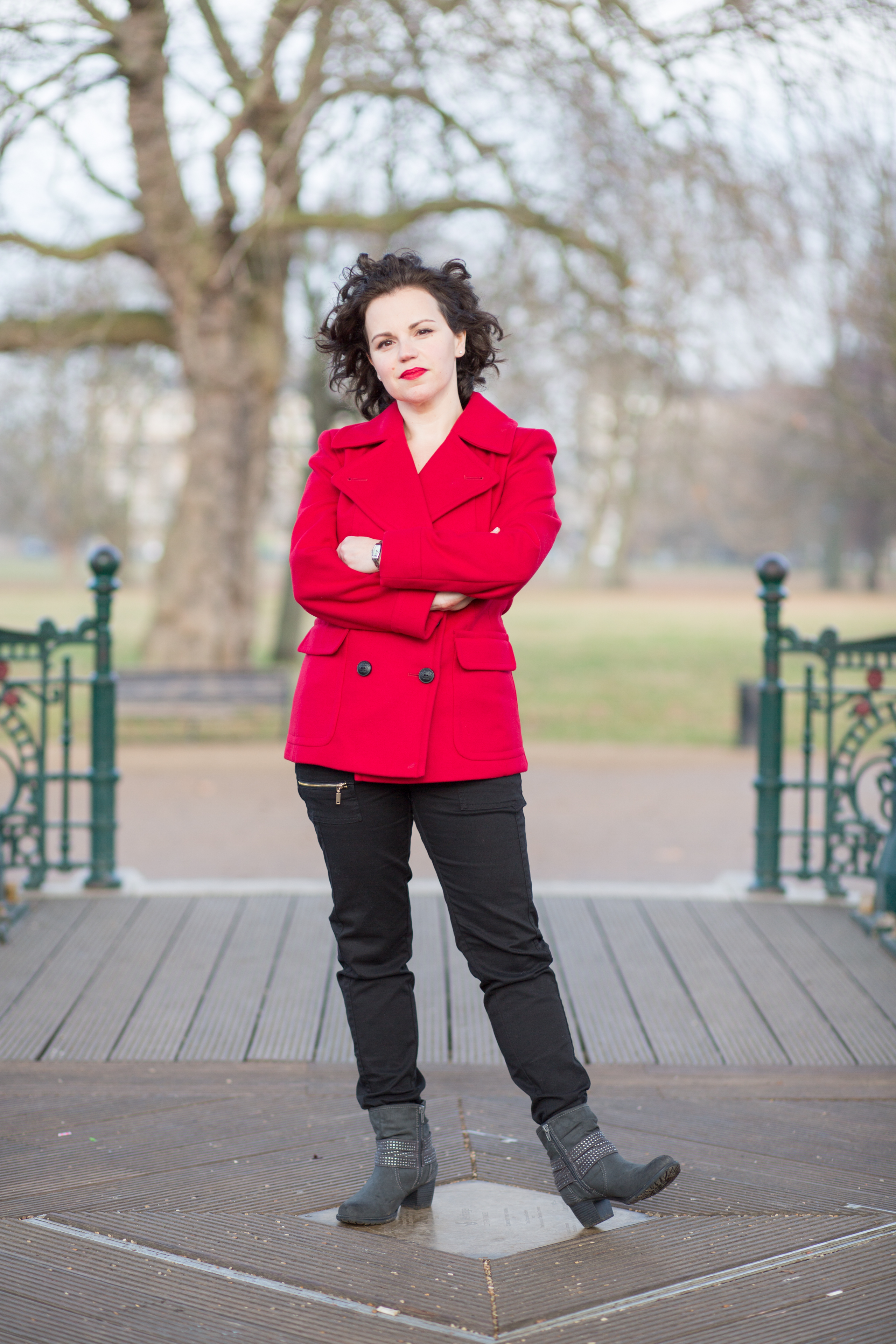I am not ashamed or embarrassed to say that I have had and continue to have therapy, which I started after my cancer diagnosis in 2019. The very fact that I feel the need to write that at the top of an article about therapy shows just how pervasive the stigma around accessing therapy and talking about it still is! Yet it should not be: until the point where the tools we can obtain during therapy are taught in schools, or at home, I think that most of us, if not all of us, could benefit from having some form of therapy at some point.
Having a cancer diagnosis is often a whirlwind; treatment tends to start quickly and I was in intensive care after a big surgery within a week of my diagnosis. This means that there is no time to even begin to process what is going on - and what is going on is huge.
The feelings around cancer are big, which is an understatement. Suddenly everything you thought you were and were going to do is called into question, in fact your very being and mortality is suddenly at risk.
The feelings are also often contradictory; for example I didn't really want to have to go into the same story multiple times with my friends, but I also wanted them to phone me and ask how I was because it showed they cared. I have been frightened and resolute, angry and sad, strong and weak, all at the same time - all big feelings, often pulling at each other.
I am a GP so I know first-hand the difference that therapy can make for my patients, and indeed I had had cognitive behavioural therapy myself in the past during a time in my life where I had recurrent miscarriages. Yet I hesitated to go this time, not because I didn't think it would work, not because I didn't think I needed it - I knew I did and still do - but because I simply didn't want to be a cancer patient going to therapy.
Life had turned from being full and stimulating to being full of appointments, scans, chemotherapy and tests. I was tired and I hurt and therapy is tiring in a different way; not physically, but it can be emotionally draining. I didn't want to go because I didn't want to have cancer. Which is, of course, one of the reasons why I needed to go.
Soon, that resentment about needing to see my psychotherapist turned into looking forward to my session each week. Therapy isn't necessarily easy and can be emotionally challenging, but it was my time, a space for me without any other demands put on me. If I was having chemotherapy to keep healthy, then I am having psychotherapy to keep healthy too, and I want to be well and healthy.
We all are counsellors sometimes. Our friends and family phone us pre-lockdown sometimes we even saw them in the flesh! and tell us about their lives. We listen and then we often give counsel, we can't help it, we give advice, we want to fix whatever is going on and inevitably we react. When our loved ones are in pain it hurts us too; when they cry we cry, we feel their suffering and we can't bear it so we try to fix it.
But not everything can be fixed and I know what I often needed was not someone trying to make it better, telling me it would soon be over, or that I was strong and could keep going. What I needed was someone to sit in the pain and fear with me, without judgement and in such a way that I knew I wasn't hurting them too, as I felt a lot of guilt about burdening the people who loved me.
My psychotherapist gave me that space - to rant and rave, to cry, to simply say when it wasn't fair. She sat with me in that pain and in doing so I was less alone and that was often enough. Sure there was and is work to be done on why I may react a certain way, which thoughts are more or less helpful than others, breathing techniques and more, but what has helped more than anything else is just that time and space where I can be and feel whatever I feel without judgement, and not alone.
I encourage you to find that space for yourselves.
Dr Philippa Kaye is the author of Doctors Get Cancer Too


